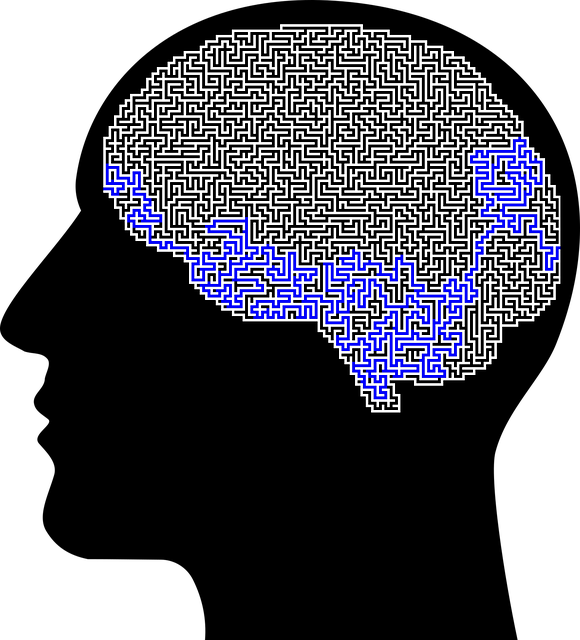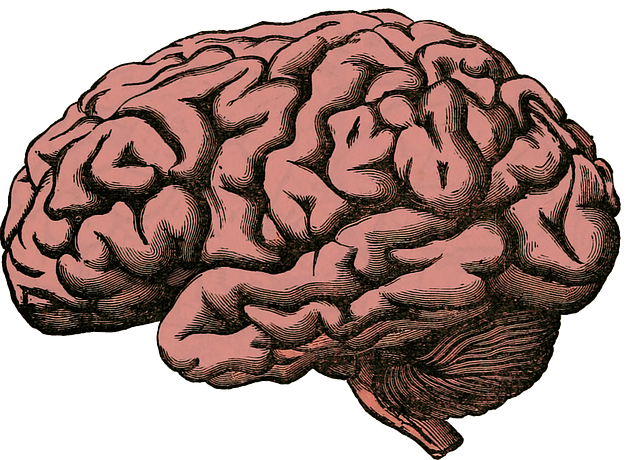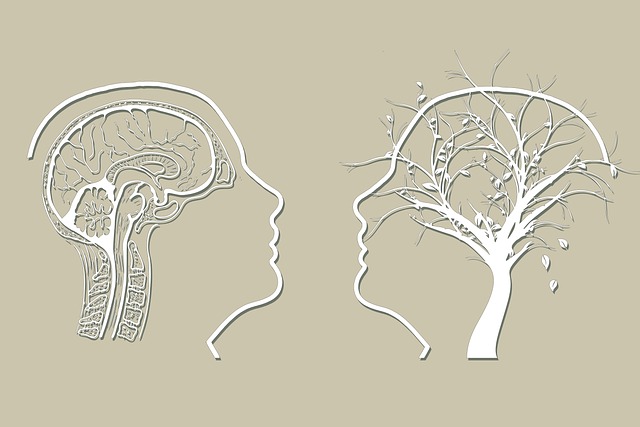Longmont Cancer Issues Therapy (LCIT) offers comprehensive mental wellness programs focused on stress reduction, coping skills, and resilience building for cancer survivors. Their evaluation methods include pre/post assessments, structured interviews, and focus groups to track improvements in areas like social skills, self-awareness, and crisis intervention. LCIT combines evidence-based practices like Mindfulness Meditation with personalized strategies for emotional balance and empowerment. Through continuous feedback loops and independent evaluator assessments, they refine their programs to significantly enhance mental wellness outcomes for participants.
Mental wellness programs are gaining prominence, offering crucial support for individuals navigating various challenges. This article explores evaluation methods to measure their impact effectively. We delve into different approaches, highlighting innovative practices like the Longmont Cancer Issues Therapy (LCIT), which has shown promising results. By understanding key metrics and implementing feedback loops, organizations can optimize program effectiveness. Learn how a comprehensive evaluation strategy fosters continuous improvement in mental wellness initiatives.
- Understanding Mental Wellness Programs and Their Impact
- Evaluation Methods: A Comprehensive Overview
- Longmont Cancer Issues Therapy: An Innovative Approach
- Assessing Program Effectiveness: Key Metrics and Tools
- Continuous Improvement: Implementing Feedback Loops
Understanding Mental Wellness Programs and Their Impact

Mental wellness programs are designed to support individuals in managing and improving their mental health. These initiatives often focus on various aspects such as stress reduction, coping skills development, and resilience building. By targeting these key areas, programs can help participants navigate challenging situations more effectively. For instance, Longmont Cancer Issues Therapy offers specialized services tailored to address the unique needs of cancer survivors, focusing on both physical and emotional recovery.
Evaluating the impact of such programs is crucial for understanding their effectiveness. Assessing improvements in coping skills development, risk management planning for mental health professionals, and overall resilience can provide valuable insights. Through rigorous evaluation methods, organizations like Longmont Cancer Issues Therapy can ensure that their programs are not only reaching their intended audience but also making a significant positive difference in participants’ lives.
Evaluation Methods: A Comprehensive Overview

Evaluation methods play a pivotal role in determining the effectiveness and impact of mental wellness programs, particularly in settings like Longmont Cancer Issues Therapy centers. These methods go beyond mere satisfaction surveys to uncover concrete improvements in participants’ lives. By employing a combination of quantitative and qualitative approaches, therapists and researchers can gain valuable insights into what works best for different individuals and groups.
One such method is the use of pre- and post-program assessments, which measure changes in mental health indicators before and after participation. This includes tracking improvements in areas like social skills training, self-awareness exercises, and crisis intervention guidance. Additionally, structured interviews and focus groups offer deeper understanding of participants’ experiences, providing qualitative data that complements quantitative findings. These comprehensive evaluation methods are essential for refining programs, ensuring they remain relevant, and ultimately enhancing the mental wellness outcomes for all clients served by Longmont Cancer Issues Therapy.
Longmont Cancer Issues Therapy: An Innovative Approach

Longmont Cancer Issues Therapy (LCIT) is a revolutionary approach to mental wellness, specifically tailored for individuals navigating cancer and its aftermath. This innovative program recognizes the profound impact that cancer can have on one’s psychological well-being and offers a holistic set of tools to support healing. By combining evidence-based practices such as Mindfulness Meditation with techniques aimed at Inner Strength Development and Self-Esteem Improvement, LCIT provides a comprehensive framework for individuals to manage stress, enhance resilience, and cultivate a sense of empowerment throughout their cancer journey.
The program’s unique blend of therapeutic modalities encourages participants to explore and tap into their inner resources, fostering a deeper connection with themselves and promoting emotional balance. Through guided meditations, cognitive-behavioral strategies, and supportive group discussions, LCIT enables individuals to develop coping mechanisms that can significantly improve their overall mental wellness. This personalized approach ensures that each participant receives the tailored support needed to thrive during and after cancer treatment.
Assessing Program Effectiveness: Key Metrics and Tools

Evaluating the effectiveness of a mental wellness program is crucial to understanding its impact and making informed improvements. At Longmont Cancer Issues Therapy, we utilize a multi-faceted approach to assess key metrics that drive positive outcomes for participants. One of the primary tools in our arsenal is self-reported surveys, which gather insights directly from individuals about their experiences, perceptions, and changes in mental health symptoms. These surveys often include questions related to Depression Prevention, Positive Thinking, and Communication Strategies, providing a holistic view of program success.
Additionally, we employ external evaluators who conduct random samples of participants, independently assessing various aspects such as engagement levels, treatment adherence, and overall satisfaction with the program. This external perspective ensures unbiased data collection and allows us to compare outcomes against established benchmarks. By combining these quantitative methods with qualitative feedback from focus groups or one-on-one interviews, Longmont Cancer Issues Therapy gains valuable insights into what’s working well and areas where adjustments can be made, ultimately enhancing our ability to support participants in their mental wellness journeys.
Continuous Improvement: Implementing Feedback Loops

At Longmont Cancer Issues Therapy, continuous improvement is a cornerstone of our mental wellness program evaluation methods. We believe that fostering an environment where learning and growth are prioritized helps in enhancing the effectiveness of our interventions. Implementing feedback loops is a key strategy we employ to achieve this. Patients and therapists regularly engage in open discussions about treatment progress, challenges faced, and areas for improvement. This two-way communication not only allows us to adapt our approaches but also empowers individuals to take ownership of their mental wellness journeys.
Through these feedback mechanisms, we identify successful practices and areas needing adjustment. This data informs the development and refinement of our therapy sessions, ensuring they remain aligned with the evolving needs of our diverse clientele. The process promotes a culture of resilience and inner strength development, as individuals gain valuable insights into their mood management strategies and coping mechanisms. Additionally, our Mental Wellness Podcast Series Production incorporates this feedback, offering relevant content that resonates with our community’s experiences and aspirations.
Mental wellness programs, such as the innovative Longmont Cancer Issues Therapy, significantly impact individuals’ lives. By employing comprehensive evaluation methods that include key metrics, innovative tools, and feedback loops, we can ensure these programs are effective and continually improve. Understanding and assessing mental wellness initiatives is crucial to fostering positive outcomes and enhancing overall well-being.














